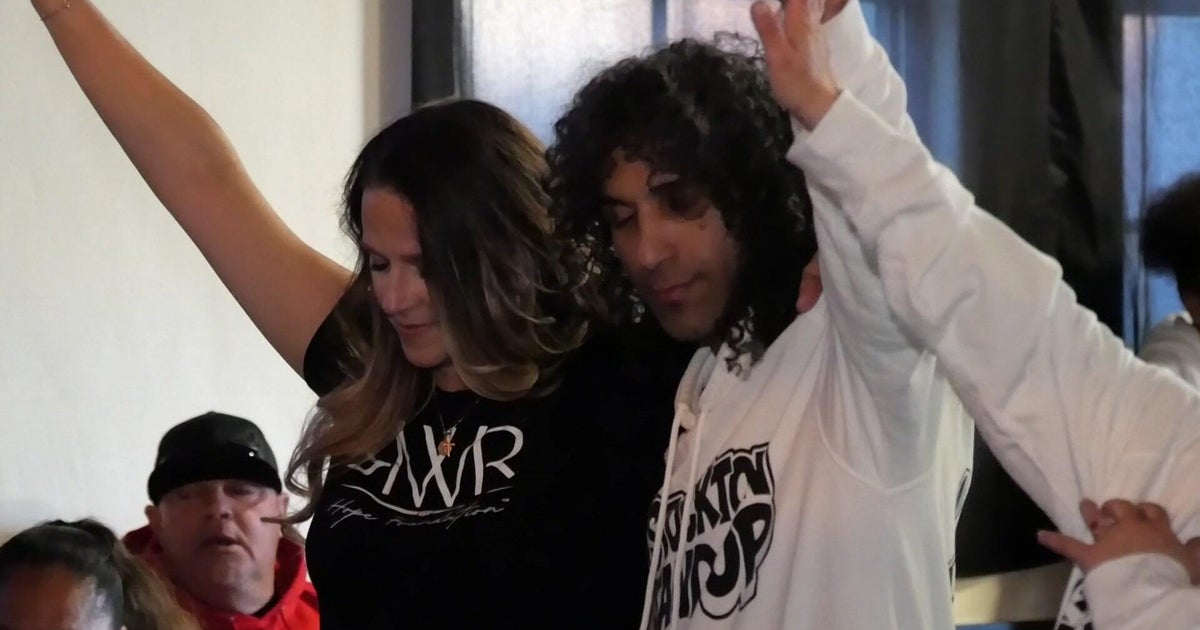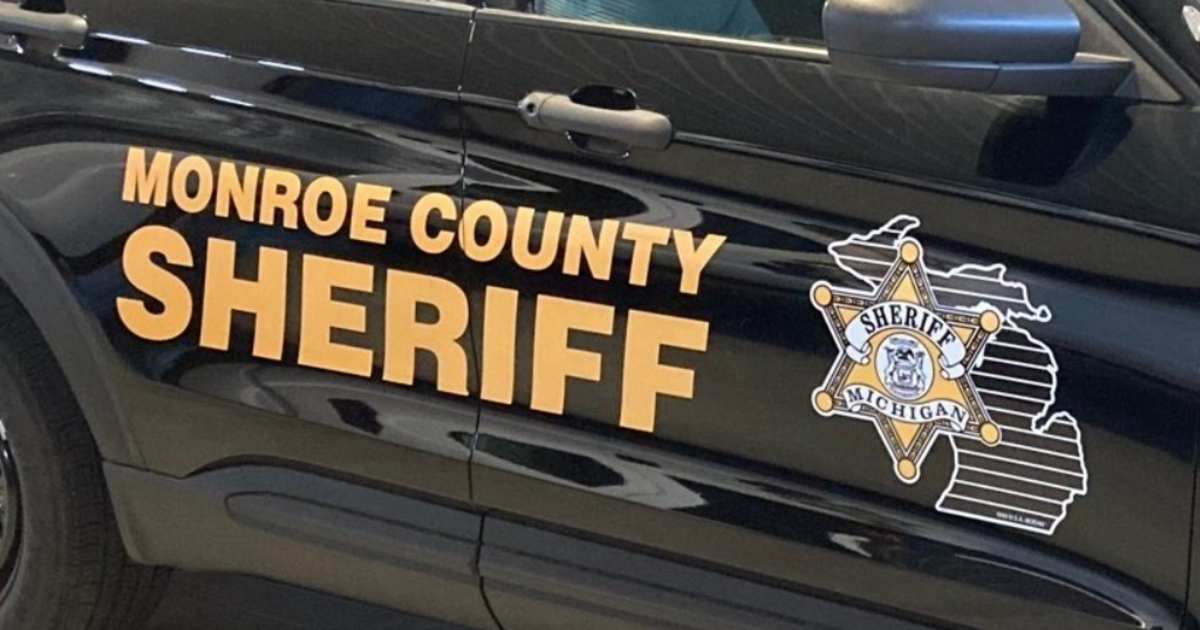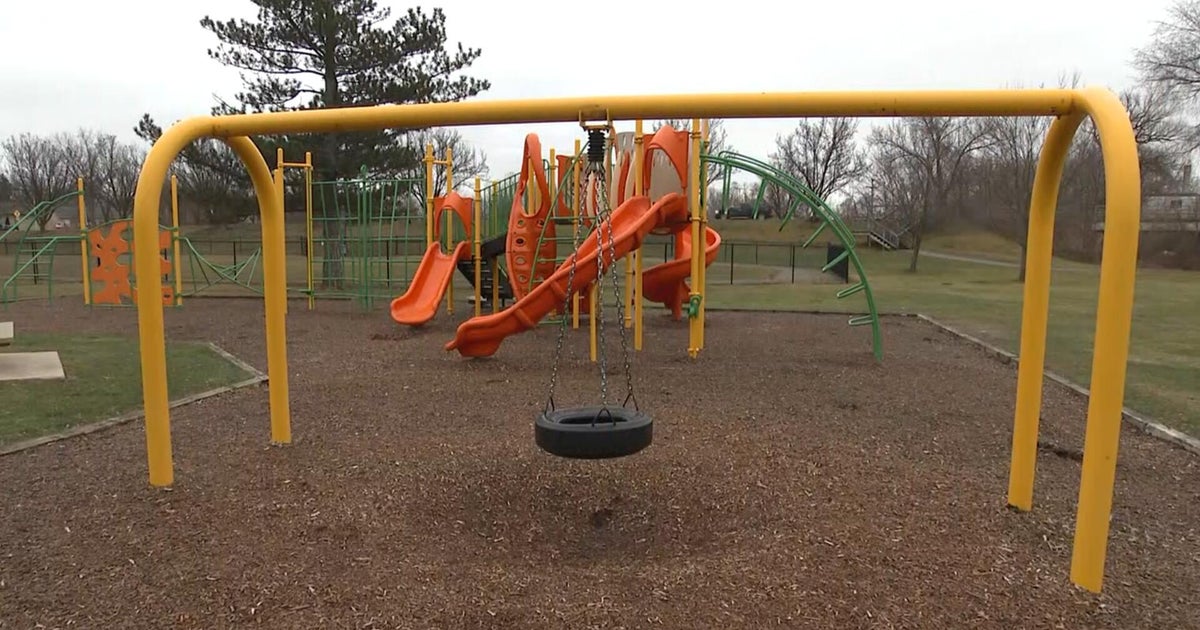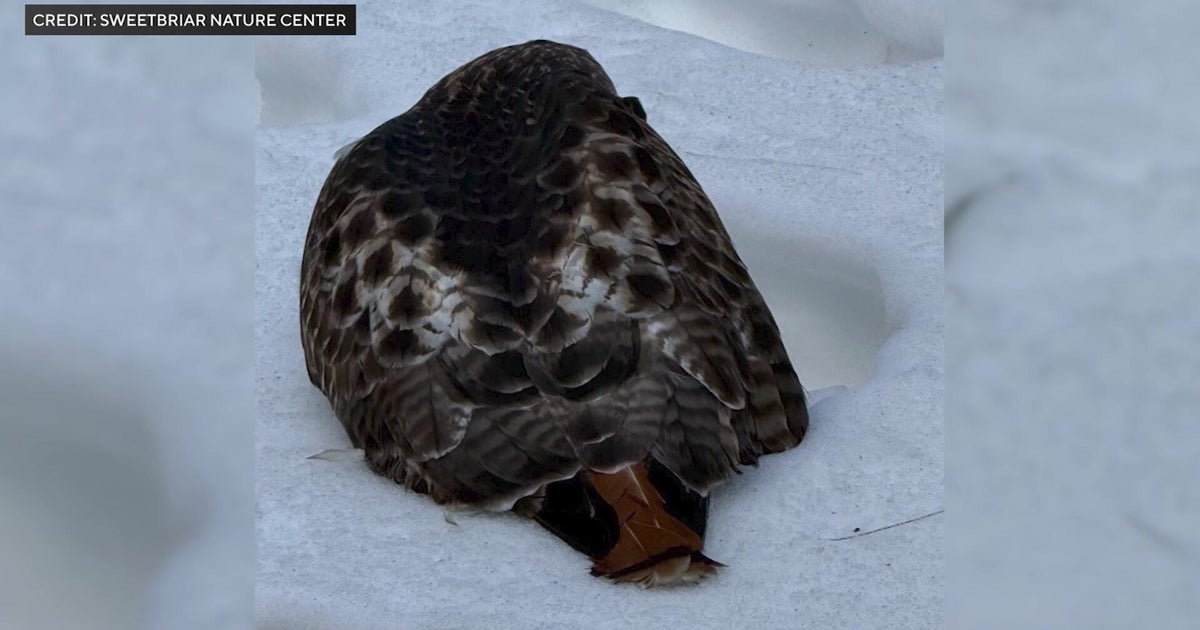Board Certifies 2nd Wolf-Hunting Ballot Measure
LANSING (AP) - Michigan officials certified a second referendum on hunting wolves Tuesday for the November statewide ballot, which wildlife groups hope voters will support to block future hunts.
The secretary of state's office estimates the group Keep Michigan Wolves Protected collected around 183,000 valid signatures of registered voters -- about 21,000 more than needed.
The anti-wolf hunting group already gathered enough signatures to require a vote on repealing a 2012 law designating the wolf as a game animal. The Legislature responded by empowering the Natural Resources Commission to put animals on the game species list. The latest petition seeks to overturn that measure as well. Previously, only the Legislature had the power to designate game species.
"The $64,000 question is: Are Michigan lawmakers going to thumb their noses again at voters in an election year?" Jill Fritz, director of Keep Michigan Wolves Protected, said in a statement. "The people have demanded a fair vote on this issue twice, and the politicians should stop playing games and trying to subvert our voting rights."
Citizens for Professional Wildlife Management, which includes the Michigan United Conservation Clubs and various hunting organizations, is also trying to gather 258,000 signatures for a citizen-initiated law to protect the wolf hunts. If enough signatures are amassed by May 28, the measure would go to lawmakers.
Hunting forces are betting that legislators will pass the law, which would effectively make the 2014 referendums meaningless and save millions spent on advertising to defend wolf hunts.
Twenty-three gray wolves died in the state's first regulated hunt of the predator since the animal was placed on the endangered species list nearly 40 years ago. The Department of Natural Resources had set a target of 43 wolves for the season, which ran from Nov. 15 through December.
DNR Wildlife biologist Brian Roell, in the Marquette office, said the hunt was a success, citing what he said was the state's first use of a call-in system to keep track of animals killed. The hunt took place in three Upper Peninsula zones where the animal has been deemed problematic.
Continuing Coverage: Michigan Wolf Hunt Debate
TM and © Copyright 2014 CBS Radio Inc. and its relevant subsidiaries. CBS RADIO and EYE Logo TM and Copyright 2014 CBS Broadcasting Inc. Used under license. All Rights Reserved. This material may not be published, broadcast, rewritten, or redistributed. The Associated Press contributed to this report.







